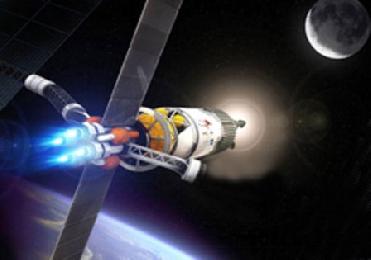
A File Photo.
MOSCOW (PTI): Russia and the US could jointly develop a whole range of new generation engines for spacecraft designed for exploration of deep space, according to a top Russian official.
"A decision may be adopted soon, probably during the upcoming visit of President Dmitry Medvedev to the United States," Russian Deputy Prime Minister Sergei Ivanov said.
Ivanov, who looks after the hi-tech industry in Prime Minister Vladimir Putin's cabinet, is currently in Washington to prepare technological agenda of Medvedev's upcoming US visit in June.
"The future exploration of outer space will require nuclear-powered engines for carrier rockets and spacecraft, and work on these costly development projects should start as soon as possible and could also involve other countries," Ivanov said.
He underscored the need to look beyond the International Space Station, which would be completing its life cycle in 2020 or shortly after that and both space super powers should have new joint space projects.
"It is a very ambitious task, a serious challenge both in technological and financial terms. That is why we realise that we can achieve the goal only by joining technological and financial efforts of both countries with participation of international community," Ivanov was quoted as saying by ITAR-TASS.
He said that the proposals have been tabled before NASA.
Meanwhile, Chief of Russia's Roscosmos Federal Space Agency Anatoly Perminov said nuclear engines for spaceships were a very promising area and should be created to make flights to Mars and other planets.
Solar power is used for missions to the inner planets, but at distances beyond Earth's orbit the sun's energy is too weak to be used as a power source.
This year the Russian government has already allocated USD 16.7 million to start a project to build a spacecraft with a nuclear engine. NASA started a programme to develop a nuclear propulsion system in 2003, but scrapped it after spending millions of dollars.
"The draft design of spacecraft powered by a nuclear engine would be finalised by 2012 and the financing for further development in the next nine years would require an investment of at least USD 580 million," Perminov was quoted as saying by RIA Novosti.
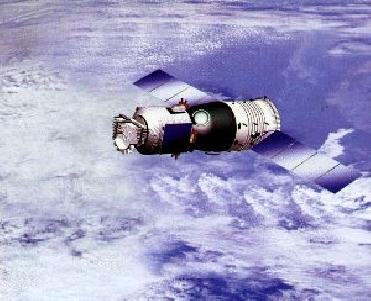 Next Article
Next Article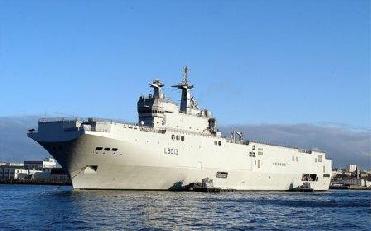
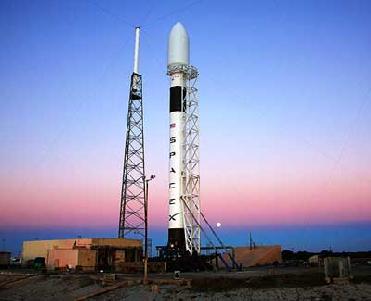
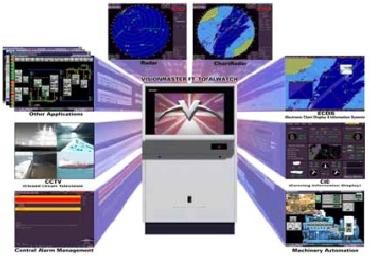
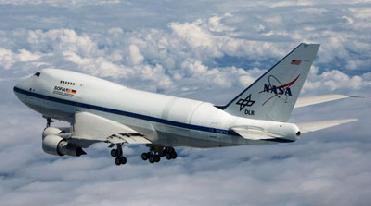









The Indian Air Force, in its flight trials evaluation report submitted before the Defence Ministry l..
view articleAn insight into the Medium Multi-Role Combat Aircraft competition...
view articleSky enthusiasts can now spot the International Space Station (ISS) commanded by Indian-American astr..
view article